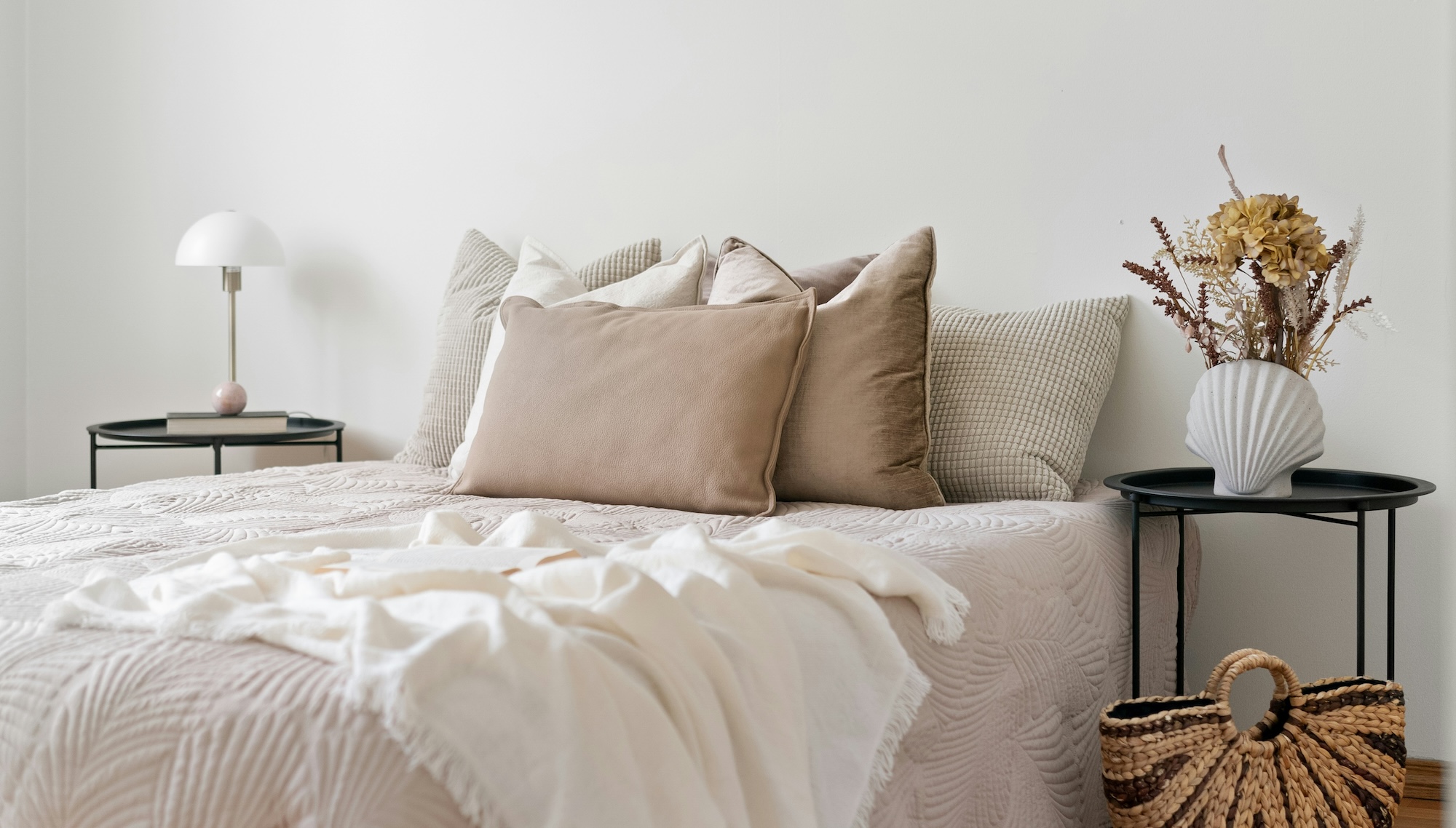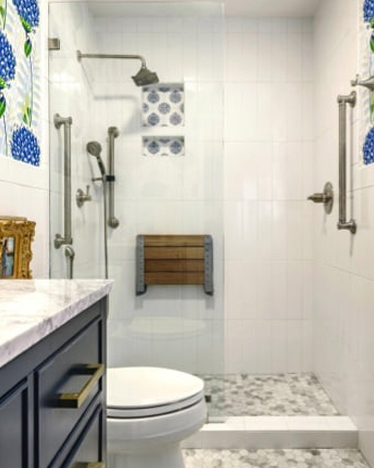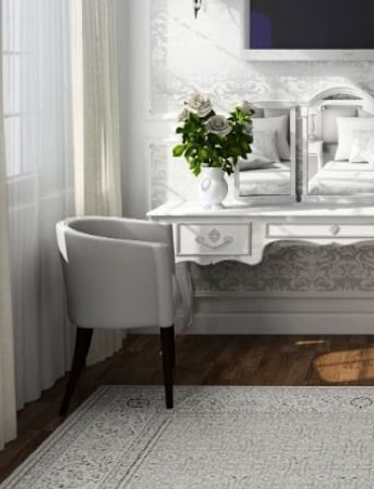Mindful interior design is all about creating living and working spaces that support well-being, calm, and intentional living. Instead of just focusing on aesthetics, it integrates principles of mindfulness—awareness, simplicity, and presence—into the design process.
Principles of Mindful Interior Design
1. Simplicity & Clarity
- Reduce clutter and unnecessary items.
- Create breathing room in your space so the mind feels calmer.
2. Natural Elements
- Bring in plants, natural fibers, stone, and wood.
- Maximize natural light and fresh air to boost mood.
3. Intentional Layout
- Arrange furniture for flow and function, not just looks.
- Spaces should feel open, balanced, and aligned with how you actually live.
4. Sensory Awareness
- Use soothing textures, gentle lighting, and calming colors.
- Incorporate scents (essential oils, incense) and sounds (soft music, water features).
5. Sustainability & Conscious Choices
- Choose eco-friendly, durable, and ethically made materials.
- Mindful living extends to mindful consumption.
6. Personal Meaning
- Include objects with emotional or spiritual value rather than random décor.
- Spaces should tell your story, not just follow trends.
Practical Applications
- Living Room: Create cozy zones for connection and minimize screens as focal points.
- Bedroom: Prioritize rest—neutral palettes, layered textures, and soft lighting.
- Workspace: Reduce distractions, add grounding elements (plants, wood), and maintain order.
- Meditation or Reflection Corner: Dedicate a calm spot with cushions, candles, or natural light.
Benefits
- Reduces stress and overstimulation.
- Promotes relaxation and focus.
- Encourages gratitude and presence in daily life.
- Aligns your environment with your values and lifestyle.
Ready to Design a Mindful Home?
If you’re inspired to bring these principles into your own space, we’d love to help. Contact us today to begin creating a home that reflects balance, calm, and beauty—inside and out.
No Comment
Leave a Comment






